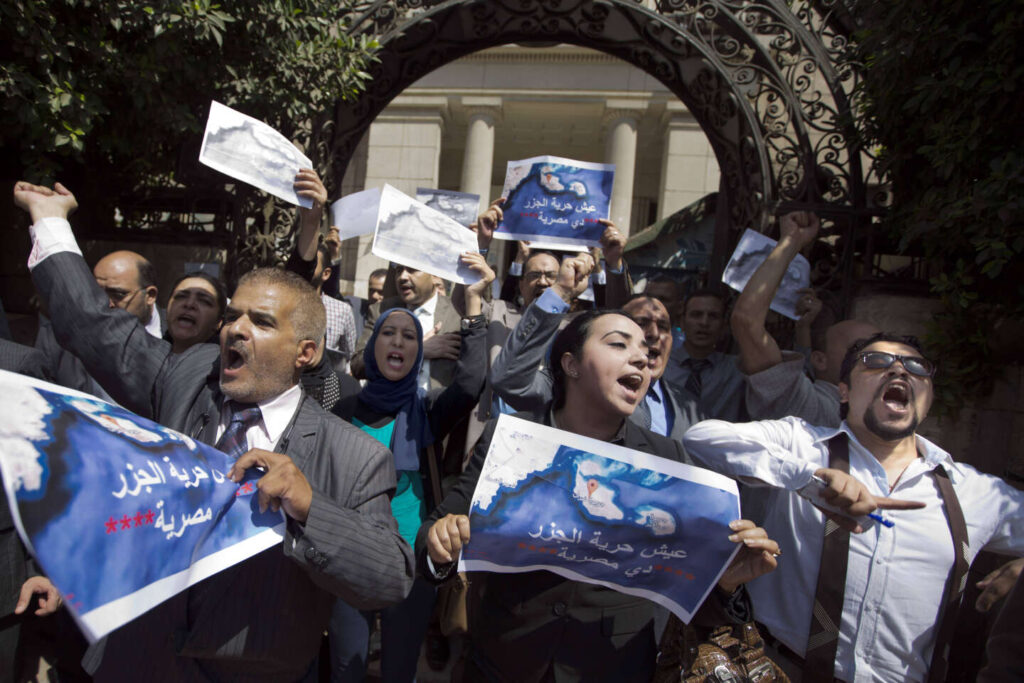Egypt, Engulfed in Economic Turmoil, Liquidates Land and Infrastructure Assets to Gulf States
By Le Monde
In an urgent bid to navigate its way out of an entrenched economic debacle, Egypt has commenced the liquidation of substantial land and infrastructure assets, with a significant portion of these transactions being sealed with countries in the Gulf.
Amid an environment characterized by fiscal instability, rampant inflation, and a depreciating currency, Cairo finds itself compelled to resort to measures that have sparked both domestic and international scrutiny. This strategic divestiture marks an attempt by the Egyptian administration to bolster foreign reserves and stabilize an economy in free fall.
The influx of Gulf capital, primarily from well-heeled nations such as Saudi Arabia and the United Arab Emirates, is being viewed as a lifeline. These countries, flush with petrodollars, have exhibited an avid interest in acquiring prime real estate and critical infrastructure assets across Egypt.
This economic stratagem, although painted by the Egyptian government as a pragmatic maneuver to avert further monetary atrophy, has elicited a spectrum of responses. Advocates posit that it is a necessary evil, a transient solution to forestall a complete financial collapse. Critics, however, argue that this fire sale of national assets is tantamount to mortgaging the country’s future, undermining sovereignty, and yielding substantial control to foreign entities.
The reverberations of these policies are felt across the political spectrum. Public opinion is polarized, with a faction lamenting the concessions that they fear may lead to long-term repercussions on national security and economic independence. Conversely, proponents underscore the dire need for immediate financial influxes and the potential for infrastructural advances ushered in by Gulf investments.
As Egypt grapples with this fiscal labyrinth, the international community watches closely, recognizing the nation’s pivotal position in the regional geopolitical and economic landscape. The outcomes of these economic decisions will indelibly shape the future trajectory of this historically and culturally rich nation.
Detailed analyses and on-the-ground reports suggest that Cairo’s economic woes are deep-rooted, with structural reforms lagging and an over-reliance on external debt. The latest bout of asset divestitures is thus symptomatic of broader systemic issues that necessitate long-term strategic planning rather than short-term fixes.
As the Egyptian government navigates this precarious economic tightrope, the stakes involve not just immediate financial respite but the very essence of Egypt’s autonomy and developmental aspirations.
This article originally appeared in Le Monde.
